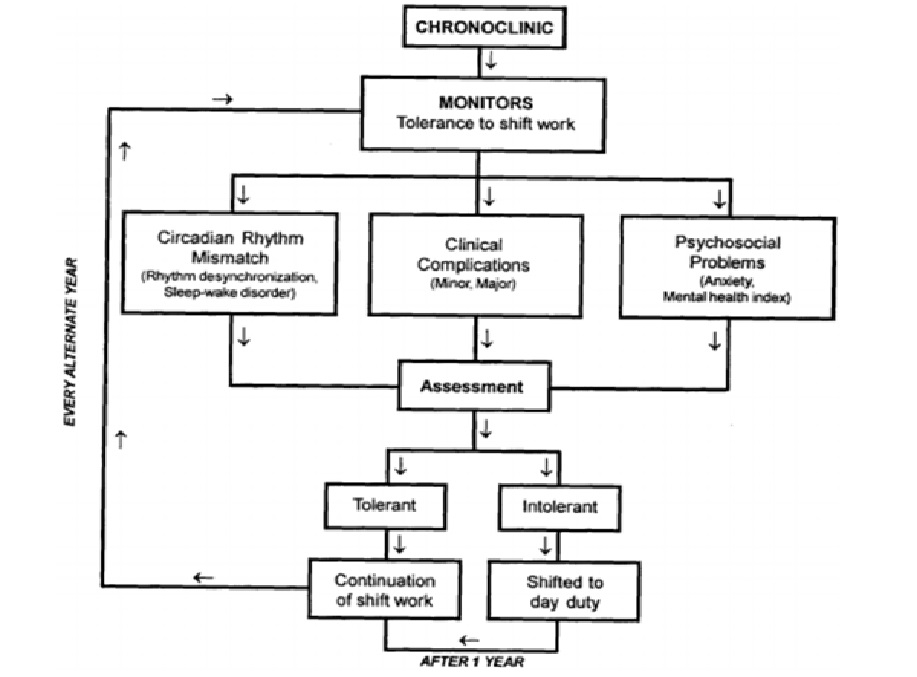Unhappy Pictures of Shift Drivers and Proposed Model of Chronoclinic
DOI:
https://doi.org/10.47070/ayushdhara.v11i3.1602Keywords:
Nidra vega dharana, Adhar-neeya vega, Yoga nidra, Dhatu vaishmya, Paadamshika krama, Rutu anusar panchakarma, Illumination therapy, Circadian misalignment, ChronoclinicAbstract
“Shift work is commonly associated with health problems resulting in circadian misalignment and sleep restriction. Specially shift drivers, are affected by insomnia and up to 90% report regular fatigue and sleepiness at the workplace. According to Ayurveda, Nidra vega dharana/ Ratri jagarana causes Rookshata and Vataprakopa which leads to Vishamata in Doshas and Dhatus. Epidemiological data shows that shift workers are at increased risk of both physical and psychological health problems and shift work disorders (SWSD). These conditions typically lead to reduced work performance, road accidents, absenteeism and reduced quality of life. Given these wide spread and debilitating consequences there is an urgent need for treatment that help to improve the sleep and functional performance of the shift working drivers. The most common non pharmacological recommendations are, well planned shift scheduling, bright light exposure, napping, psychological counselling and education promoting sleep hygiene, and cognitive behavioural techniques. Along with these, implementation of chronoclinics and chronotherapy is very much needed. This article is dealing with deleterious consequences of shift work and some positive ways to optimize shift schedule and some recommendations to improve their health and sleep.
Downloads

Downloads
Published
Issue
Section
License
Copyright (c) 2024 AYUSHDHARA

This work is licensed under a Creative Commons Attribution-NonCommercial-ShareAlike 4.0 International License.


